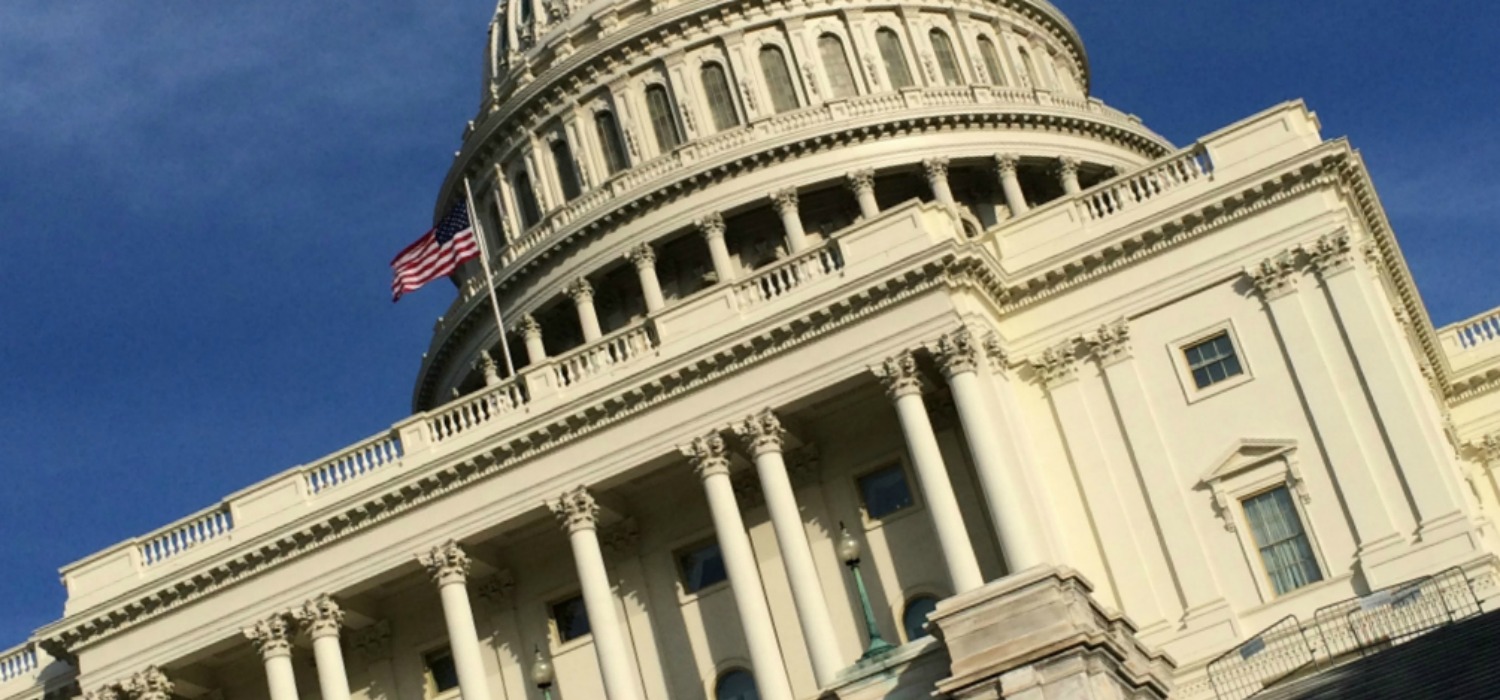This briefing discussed the successes achieved and the difficulties encountered on the road to democratic reform and stabilization are reflected throughout Central and Eastern Europe, and evaluated the impact of these factors in the scope and tenor of U.S. assistance programs. Such programs involve assistance to countries throughout the region in democratic institution building, market reform and restructuring, health care improvement, energy efficiency, environmental policy, and housing sector reform.
Witnesses testifying at this briefing addressed the relevance of the crisis in Chechnya, continued conflict in the Balkans, and tensions in various parts of East-Central Europe to United States Interests in the region. They focused on the goals of U.S. assistance to the NIS and East-Central Europe and the effectiveness of current programs in furthering those goals.





